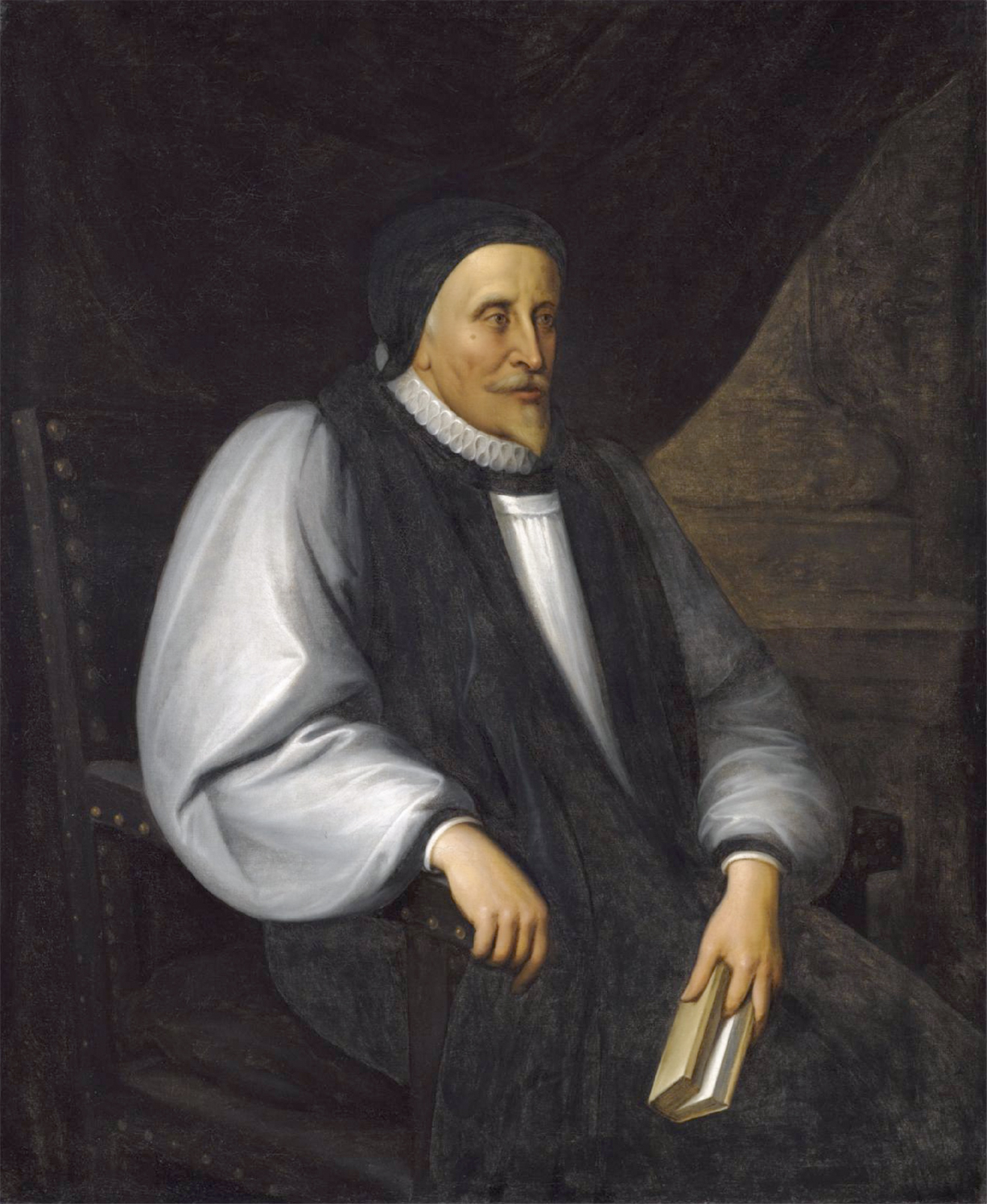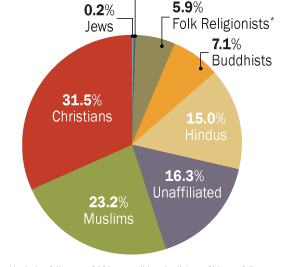
Who was Andrewes: a Bishop, Preacher, and Scholar

Lancelot Andrewes (1555-1626) was a noteworthy figure in the history of the English church, renowned for his role as a **bishop**, **preacher**, and **scholar**. His life’s work is marked by a profound commitment to defending Anglican doctrines at a time of significant religious upheaval in England. His eloquence in preaching and robust theological contributions have made him a lasting influence on the Anglican tradition, and he is often celebrated for his ability to articulate the nuances of faith in a transforming ecclesiastical landscape. Throughout his career, Andrewes skillfully navigated the challenges presented by both Roman Catholicism and emerging Puritan thought, striving to maintain a balanced Christianity centered on Anglican beliefs.
Andrewes’s educational background, particularly his formative years at *Pembroke College, Cambridge*, laid the foundation for his future contributions to theology and ecclesiastical leadership. He was ordained as a deacon in 1580, setting the stage for a career that would see him occupy several significant ecclesiastical positions, including **bishop** of Chichester, Ely, and Winchester. His legacy extends beyond his administrative roles; Andrewes's sermons, especially those delivered during critical historical moments, resonate with themes of divine providence and national identity. The depth of his theological insight and his commitment to church unity continue to inspire scholars and religious leaders today.
Early Life and Education
Lancelot Andrewes was born in 1555 in the city of London. His family background was relatively modest, which instilled in him a strong work ethic and devotion to education from an early age. Andrewes's academic journey began at the prestigious Pembroke College, Cambridge, where he displayed a remarkable aptitude for languages and theology. His education was pivotal, enabling him to engage deeply with the texts and traditions of Christianity, which would later shape his theological arguments and preaching style.
At Cambridge, Andrewes was influenced by various scholars and theological ideas. He immersed himself in the study of scripture and the early church fathers, which reinforced his Anglican faith. His proficiency in languages such as Hebrew, Greek, and Latin was exceptional and allowed him to access theological works from across the Christian tradition. This multilingual ability aided in shaping his thoughts and informing his writings, which often addressed the complexities of faith during a period characterized by historical tensions within Christianity. Andrewes's commitment to academic rigor and excellence would lay the groundwork for his future influence as a preacher and theologian.
Ecclesiastical Career
After his ordination as a deacon in 1580, Andrewes quickly ascended through the ranks of the Church of England. He served as the bishop of Chichester in 1605, reflecting both his theological prowess and the confidence the church hierarchy had in his leadership abilities. His role as a bishop allowed him to confront the challenges posed by both Roman Catholicism and Puritanism, which were significant movements influencing English Christianity at the time. Throughout his ecclesiastical career, Andrewes held several other prominent positions, notably as the bishop of Ely and later as the bishop of Winchester.
Andrewes's pastoral initiatives were noteworthy; he took the responsibilities of his office seriously, focusing on the moral and spiritual well-being of his clergy and laity alike. He worked towards fostering a sense of unity within the church, advocating for the importance of doctrine in preserving theological integrity. His writings during this period, particularly against the backdrop of the Gunpowder Plot, reflected his commitment to the security and integrity of the Church of England. Andrewes's ability to wield ecclesiastical authority while demonstrating pastoral care further solidified his reputation as a distinguished bishop and theological leader.
Role in the English Church
Andrewes's role in the English church transcended his positions in the hierarchy; he was also a pivotal figure during a period fraught with uncertainty regarding religious identity. As the English church grappled with its identity amidst the Confessional struggles of the sixteenth and seventeenth centuries, Andrewes emerged as a champion for Anglican doctrine. His theological writings often defended the traditional views of the Church of England against both radical Protestant positions and the encroachments of Roman Catholicism.
His influence extended beyond the church’s boundaries into the courts of England. As a sought-after court preacher, Andrewes delivered sermons to powerful figures, including King James I. His eloquent and well-structured presentations made deep theological ideas accessible to a broader audience, shaping the religious landscape of the nation. He promoted a vision of Anglicanism that championed both reason and faith, a perspective that sought to reconcile the diverse beliefs within the church. Through his preaching and writings, Andrewes held steadfastly to the tenets of the Anglican tradition while navigating the complexities of a divided church.
Theological Contributions
Lancelot Andrewes's theological contributions are extensive, characterized by a deep commitment to orthodox Anglicanism. He was primarily known for his apologetic approach, which involved a careful defense of Anglican beliefs against both Catholic and Calvinist critique. Andrewes's writings reflect a learned engagement with a range of theological issues and provide insight into his views on salvation, grace, and the nature of the church.
His most significant works include treatises that interrogated key theological questions persisting in his time. Andrewes’s theological method combined rigorous examination of Scripture with ancient church traditions, thereby creating a foundation for Anglican doctrine that affirmed the importance of the sacraments, apostolic succession, and the authority of the bishops. He emphasized the necessity of maintaining a balance between faith and reason, asserting that Christianity must be understood not only as a set of beliefs but also as a way of life.
Sermons and Preaching Style
Lancelot Andrewes was celebrated for his remarkable preaching style, which had a profound impact on both his contemporaries and future generations within the Anglican tradition. His sermons were distinguished by their **theological depth**, elegance, and rhetorical flourish. Andrewes combined rich language with profound theological concepts, enabling him to captivate his audience while delivering messages that resonated deeply on both spiritual and intellectual levels.
One of the hallmark features of Andrewes's sermons was their focus on the divine nature and providence of God. Notably, his sermons addressing the failed Gunpowder Plot of 1605 emphasized themes of divine deliverance, underscoring the sovereignty of God in protecting the nation and the church. Through these sermons, Andrewes conveyed a sense of urgency and relevance concerning the role of faith during times of national upheaval.
His style was also marked by a profound understanding of human nature, which allowed him to connect with his audience on a personal level. Andrewes's ability to address both the moral and spiritual dilemmas faced by individuals within his congregation demonstrated his pastoral concern and commitment to their well-being. Over the years, his sermons have been collected and studied widely, securing his place as one of the pivotal preachers of the early modern Anglican church.
Legacy and Influence
The legacy of Lancelot Andrewes is deeply ingrained in the fabric of the Anglican tradition. His commitment to theological expression, poetic language, and pastoral care has left an indelible mark on the Church of England. Andrewes’s emphasis on the beauty of worship and the importance of maintaining an intellectual engagement with faith has shaped Anglican liturgy and theology for generations.
Moreover, Andrewes's stature as an Anglican scholar has inspired countless theologians, scholars, and clergy who seek to follow in his footsteps. His works remain relevant today, particularly in discussions surrounding the balance of scripture, tradition, and reason within the Christian faith. The literary quality of his writings has also influenced subsequent generations of Anglican writers, prompting an appreciation for eloquence in religious discourse. Andrewes's impact extends beyond his own time and continues to shape the way faith is articulated within the Anglican Communion.
Conclusion
Lancelot Andrewes stands out as a significant **bishop**, **preacher**, and **scholar** who navigated the complex ecclesiastical landscape of early modern England. His commitment to Anglican doctrine, profound theological insight, and distinctive preaching style resonate through the ages. Andrewes's legacy not only highlights the importance of intellectual rigor within faith but also underscores the need for eloquent and thoughtful discourse in the church's public life. Exploring Andrewes's life and contributions offers a deeper understanding of the challenges and triumphs faced by the Church of England during a transformative period in its history.
As a **bishop**, Andrewes not only shaped the spiritual and theological identity of the Anglican Church but also influenced the broader context of Christian thought. His sermons and writings continue to inspire an appreciation for the rich tradition of Anglicanism, making Lancelot Andrewes a figure worthy of recognition and study within the field of theology and beyond.
Did you find this article helpful? Who was Andrewes: a Bishop, Preacher, and Scholar See more here Education.
Leave a Reply






Related posts